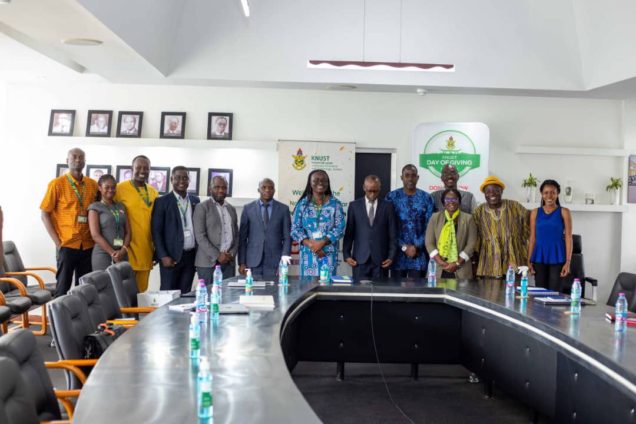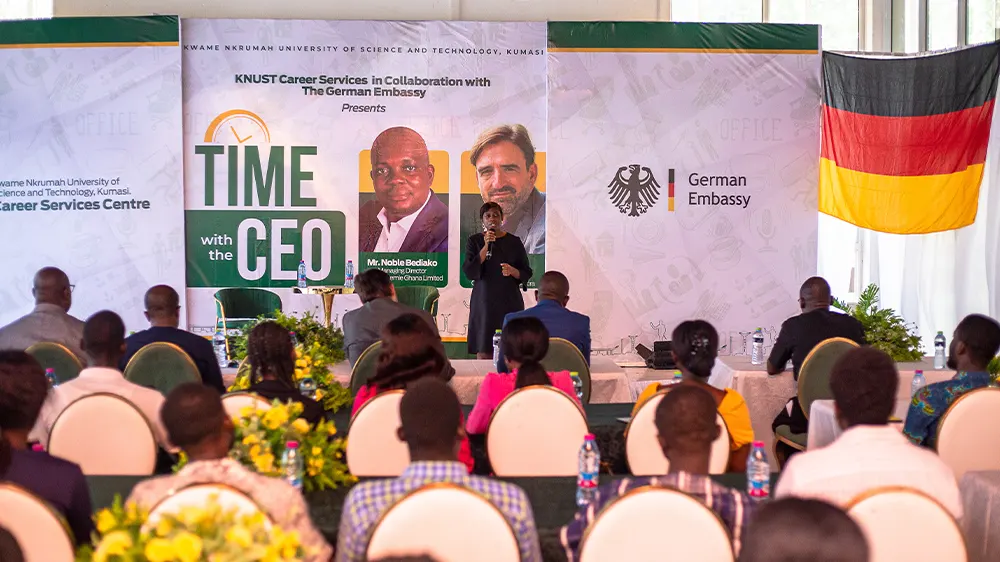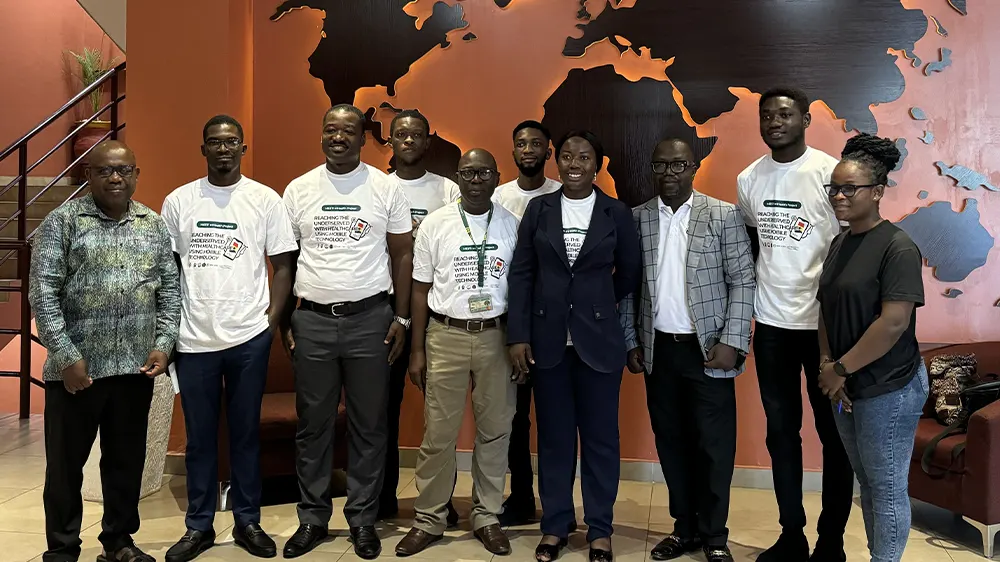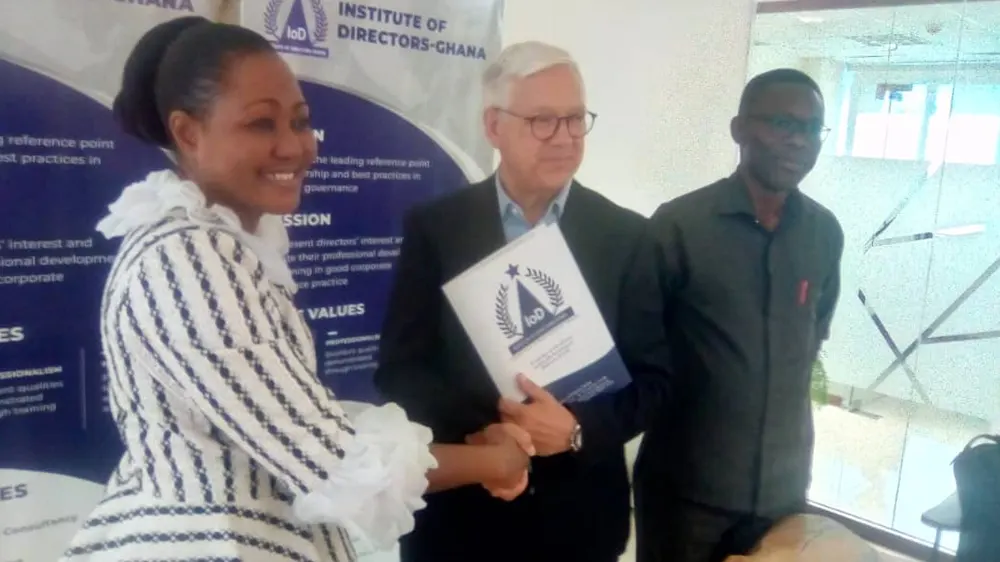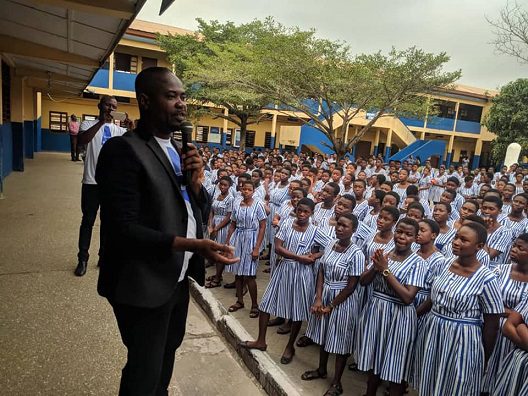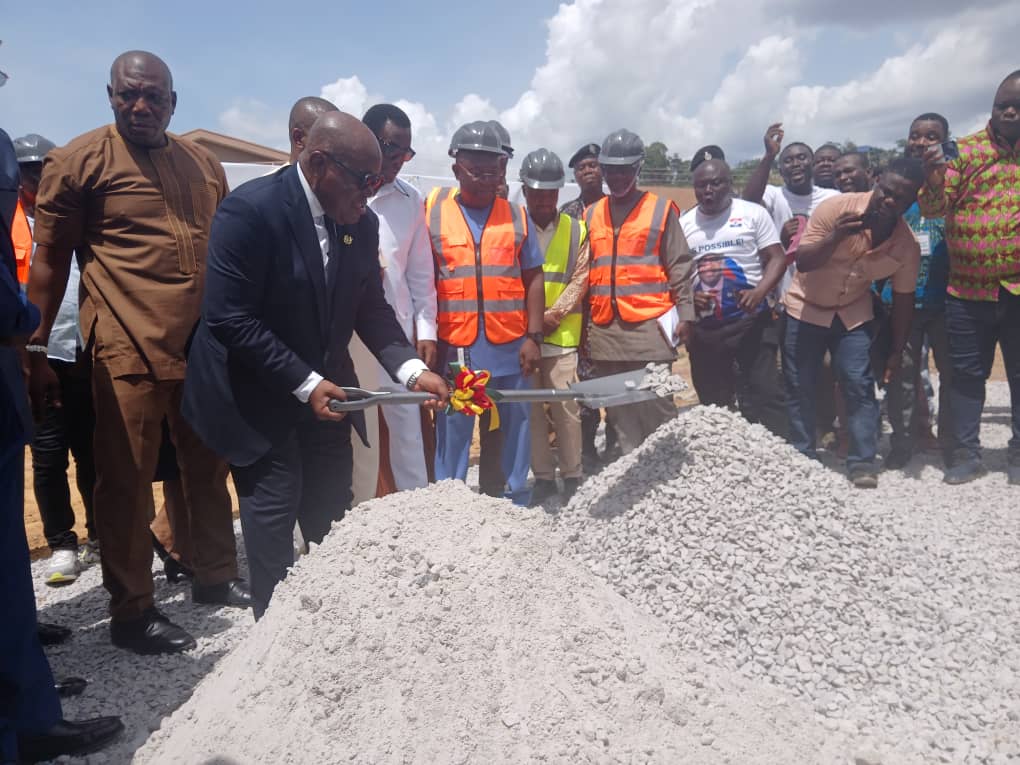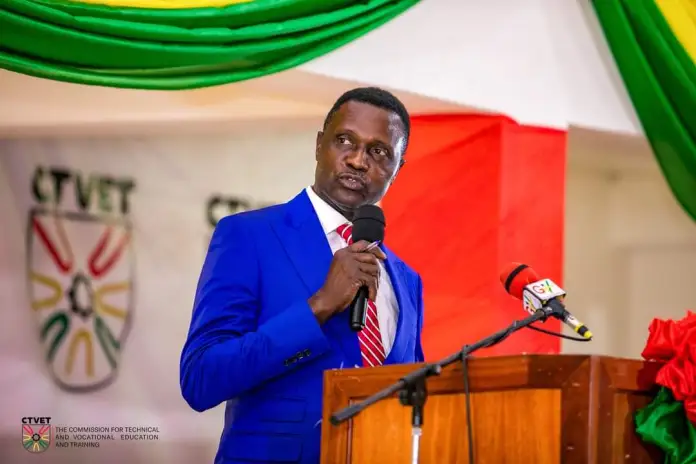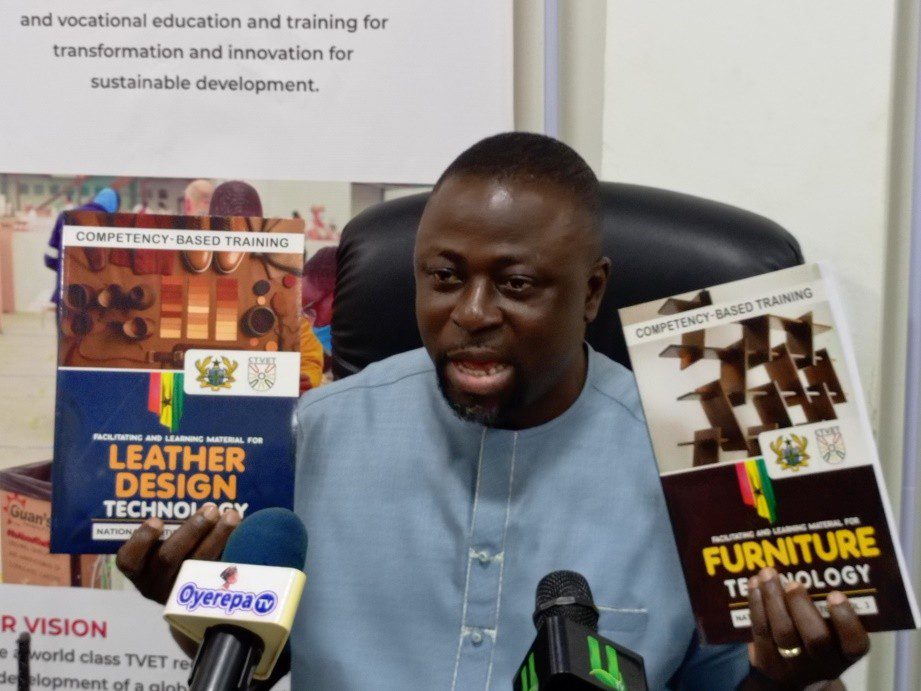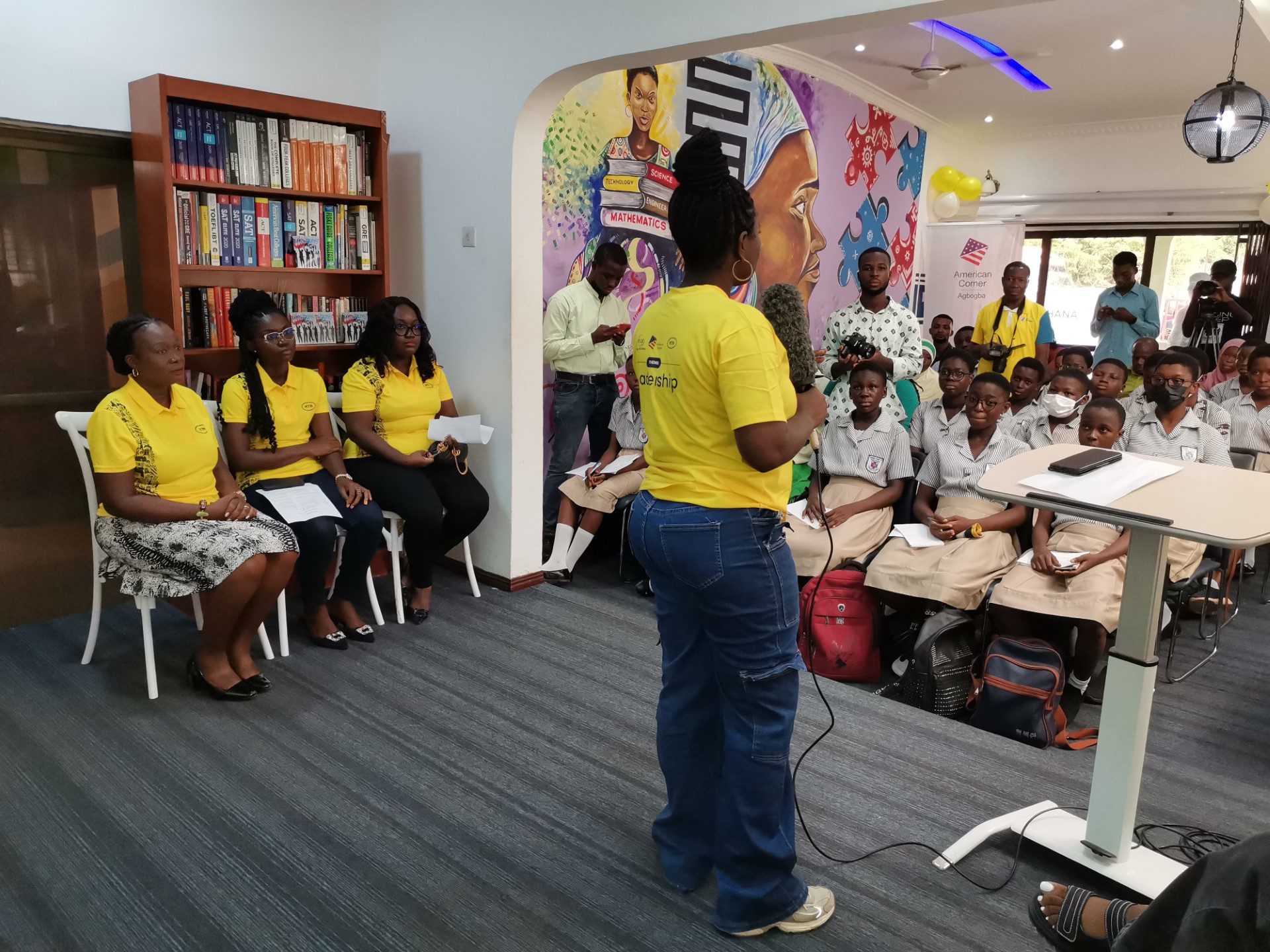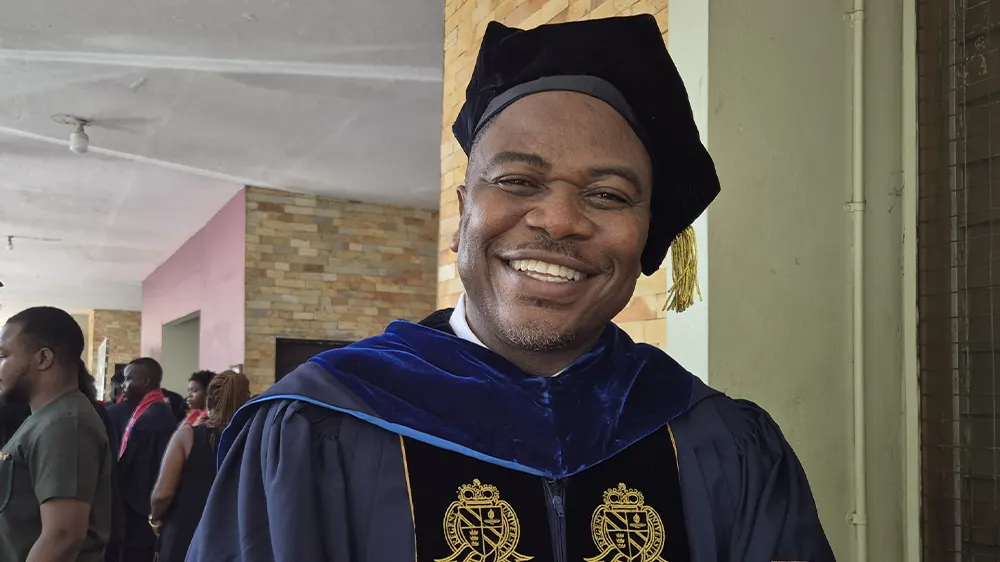The imperative to intensify public education on statistical literacy in Ghana cannot be overstated, as it holds the potential to address the underutilization of data among the populace and foster informed decision-making. Professor Atinuke Olusola Adebanji, from the Department of Statistics and Actuarial Science at Kwame Nkrumah University of Science and Technology (KNUST), emphasized this need during her professorial inaugural lecture titled “Facts from Artefacts: A Journey in Statistical Inquisition” at KNUST in Kumasi.
Prof. Adebanji stressed the importance of launching a nationwide campaign on statistical literacy, highlighting its relevance in helping the public understand complex issues and make informed decisions. She advocated for comprehensive statistical literacy programs to be implemented in schools and universities, emphasizing the integration of statistical concepts into various subjects to develop analytical skills from an early age.
To ensure broad reach and influence, Prof. Adebanji proposed utilizing a variety of media outlets and community involvement events. She underscored the significance of early acquisition of analytical abilities by incorporating statistical principles into diverse topics, thus ingraining statistical literacy in the educational process and producing a data-savvy generation.
Furthermore, Prof. Adebanji recommended fostering collaborations between government agencies, academic institutions, and private organizations to develop and share resources that promote statistical literacy. She emphasized the importance of lifelong learning through conferences, workshops, and internet resources to keep individuals updated on new statistical techniques and their uses.
Prof. Adebanji envisioned an all-encompassing strategy where Ghana provides its people with the knowledge and abilities needed to function in a data-driven society. She proposed training programs for professionals across various sectors to enhance their statistical literacy, enabling better decision-making and problem-solving. At the community level, she suggested organizing local workshops and seminars to educate members on basic statistical concepts, empowering individuals to critically assess information and make informed choices.
In conclusion, Prof. Adebanji emphasized the importance of customizing content to address real-world circumstances and incorporating engaging techniques like gamification components to ensure accessibility and efficacy in communicating statistical literacy to a wide audience. By implementing these initiatives, Ghana can promote a mindset that values statistical literacy and utilizes it to make well-informed decisions, thus fostering a more empowered and knowledgeable society.


